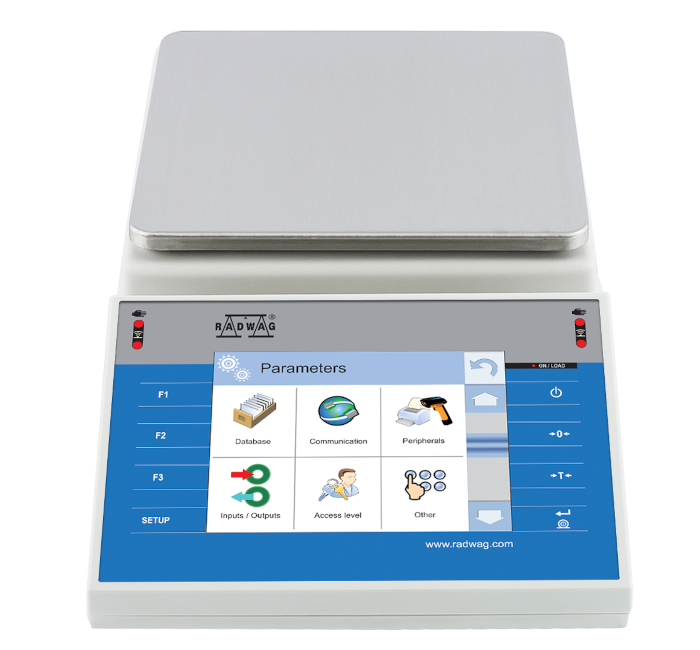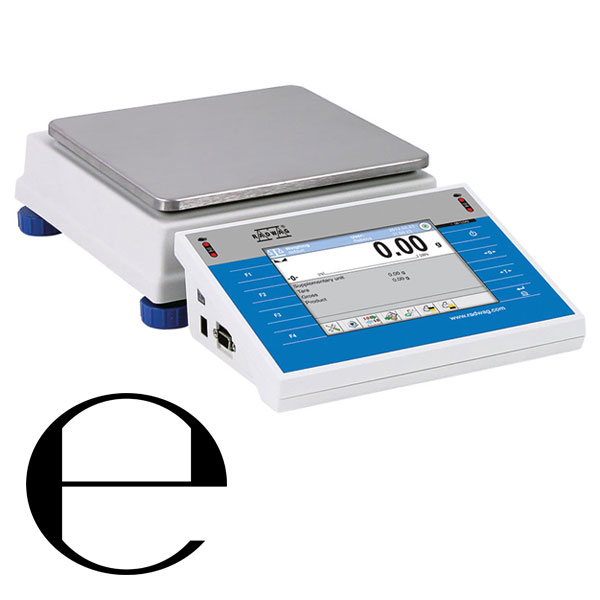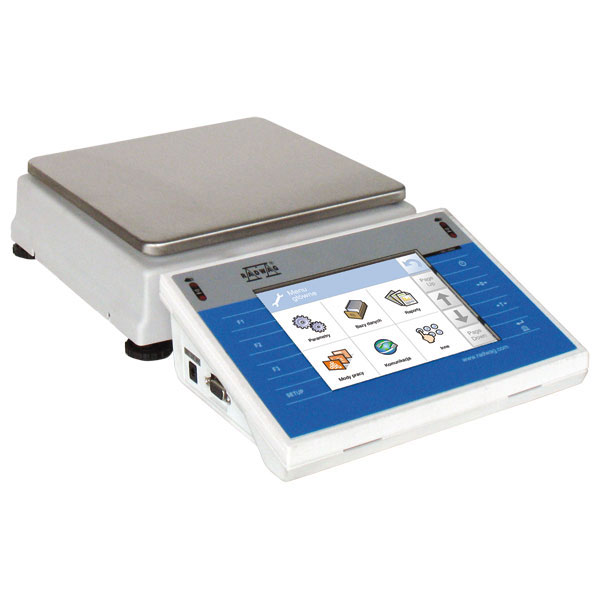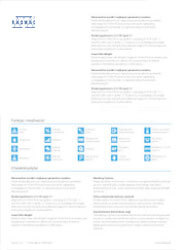Balance WLY pour contrôle statistique

Boîter et fonctionnalité
- programmation des touches d’écran
- programmation des touches fonctionnelles
- programmation des senseurs du mouvement
- élaboration des modèles des impressions
- élaboration des informations de texte dans la fenêtre de l’afficheur de la balance.
Les balances sont vérifiées en deux étapes. En égard à l’accélération normale de la pesanteur terrestre, le calibrage de la balance est nécessaire dans le lieu de son exploitation.
Les étapes du contrôle:
- choix de l’opérateur
- choix du produit
- commencement du contrôle
- téléchargement des pesages
- fin automatique du contrôle après le pesage du nombre déterminé des colis
- impression du rapport de contrôle
Par conséquent, nous vous recommandons de choisir les balances avec une homologation respective.















 Albanian
Albanian Danish
Danish Nederlandse
Nederlandse Estonian
Estonian Finnish
Finnish Hungarian
Hungarian Icelandic
Icelandic Kazakh
Kazakh Latvian
Latvian Lithuanian
Lithuanian Macedonian
Macedonian Norwegian
Norwegian Portuguese
Portuguese Romanian
Romanian Russian
Russian Slovak
Slovak Slovenian
Slovenian Swedish
Swedish Ukrainian
Ukrainian Serbian
Serbian Montenegrin
Montenegrin Português (Brasil)
Português (Brasil) Deutsch
Deutsch English
English Español
Español Italiano
Italiano Japanese (日本語)
Japanese (日本語) Polski
Polski Türkiye
Türkiye Česky
Česky 中文
中文




















